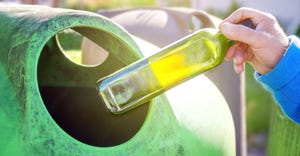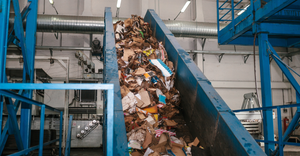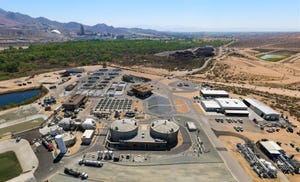Federal Lawmakers Reintroduce Bill Restricting E-waste Exports
SEERA would restrict export of untested, non-working e-scrap that provides feedstock for microchip counterfeiters based primarily in China.
Legislators in New York and California have introduced the Secure E-Waste Export and Recycling Act (SEERA) legislation that aims to combat threats posed by the unregulated export of e-waste from the United States.
Introduced with support from the Coalition for American Electronics Recycling (CAER), SEERA will restrict export of untested, non-working electronic scrap that provides feedstock for microchip counterfeiters based primarily in China. The legislation would add untested, non-working e-waste used by counterfeiters to a list of materials restricted under the Export Control Reform Act of 2018 due to national security concerns.
The legislation includes exemptions for materials considered low risk because they are unlikely to be used by counterfeiters, including:
Tested, working used electronics
E-scrap that has been shredded or de-manufactured, which may be exported for use as feedstock for smelters and other recycling processes
Recalled electronics, which may be exported for repairs
Resource Recycling has more details:
Federal legislators have reintroduced legislation banning exports of untested, non-working electronics, a move that could significantly alter the way that many e-scrap companies handle material.
The Secure E-Waste Export and Recycling Act (SEERA) was introduced in the U.S. House of Representatives this week by legislators in California and New York as H.R. 3559.
The bill would allow exports of tested and functional devices as well as some materials recovered from e-scrap through processing, such as commodities destined for smelters. It would also continue to allow the export of recalled devices that are sent to foreign markets to be repaired.
About the Author
You May Also Like


